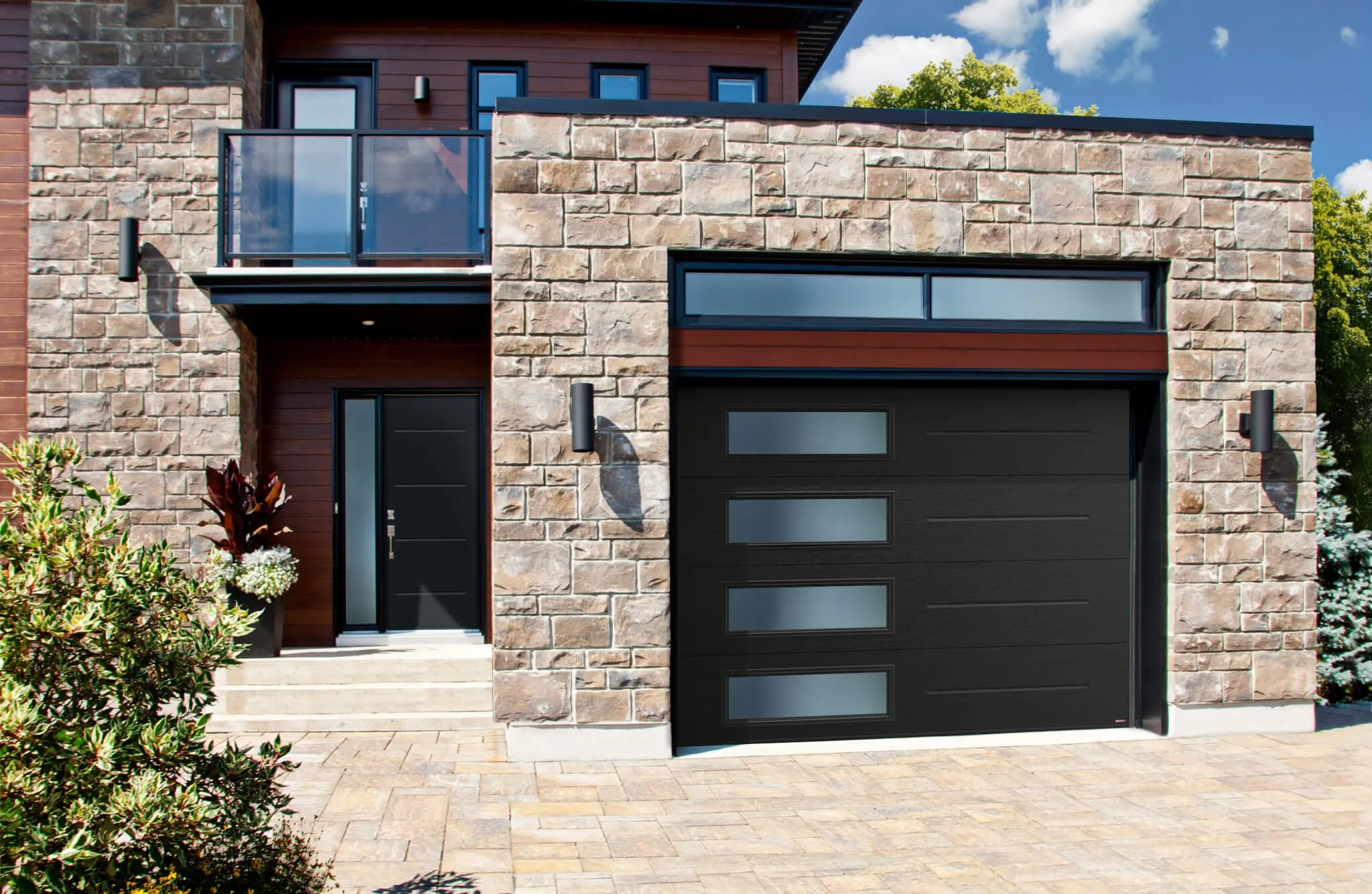Pros and Cons of Different Garage Door Materials
James Clark . Follow
4 months ago

When it comes to selecting a new garage door, one of the most crucial decisions you'll face is choosing the right material. Each type of material has its own set of advantages and disadvantages, impacting factors such as durability, aesthetics, maintenance requirements, and cost. Understanding these pros and cons can help you make an informed decision based on your specific needs and preferences.
Steel Garage Doors
Pros: Steel garage doors are renowned for their durability and strength, making them a popular choice for homeowners seeking enhanced security. They are resistant to dents and can withstand harsh weather conditions without warping or cracking. Steel doors also require minimal maintenance compared to other materials.
Cons: On the downside, steel doors can be prone to rust if not properly maintained, especially in coastal areas where salt exposure is high. They may also dent if hit with enough force, although newer models often feature dent-resistant coatings.
Wood Garage Doors
Pros: Wood garage doors are prized for their natural beauty and ability to enhance a home's curb appeal. They can be customised with various stains and finishes to complement different architectural styles. Wood also provides excellent insulation, helping to regulate temperatures inside the garage.
Cons: However, wood garage doors typically require more maintenance than other materials. They need regular painting or staining to protect against weathering, and they may be susceptible to warping or rotting over time if not properly cared for. Wood doors can also be more expensive than alternatives like steel or aluminium.
Aluminium Garage Doors
Pros: Aluminium garage doors are lightweight yet sturdy, making them easy to operate and less likely to dent compared to steel doors. They are also resistant to rust and corrosion, making them ideal for coastal regions. Aluminium doors often come with modern finishes that can mimic the look of wood or other materials.
Cons: One drawback of aluminium doors is their susceptibility to dents. They may not provide as much insulation as wood or insulated steel doors, which can impact energy efficiency. Additionally, while aluminium doors are durable, they may not offer the same level of security as steel doors.
Fibreglass Garage Doors
Pros: Fibreglass garage doors are known for their resistance to moisture, making them an excellent choice for humid climates or coastal areas. They are lightweight, durable, and require minimal maintenance. Fibreglass doors can also be painted or stained to achieve various looks.
Cons: However, fibreglass doors may not offer as much insulation as other materials unless they are specifically designed with insulation cores. They can also be more expensive than steel or aluminium doors, depending on the style and finish chosen.
Choosing the Right Material for Your Garage Door
When selecting the material for your garage door in London, consider factors such as your budget, desired aesthetic, climate, and maintenance preferences. Each material offers distinct advantages and disadvantages, so it's essential to weigh these factors carefully before making a decision. Consulting with a professional garage door installer can also provide valuable insights based on local conditions and your specific requirements.
Conclusion
Choosing the right garage door material involves balancing durability, aesthetics, maintenance requirements, and budget considerations. Whether you opt for the classic charm of wood, the robustness of steel, the versatility of aluminium, or the resilience of fibreglass, understanding the pros and cons will help you make an informed choice that enhances both the security and appearance of your home.
Recommended topics
Recommended from Guest Post

Packaging Express

